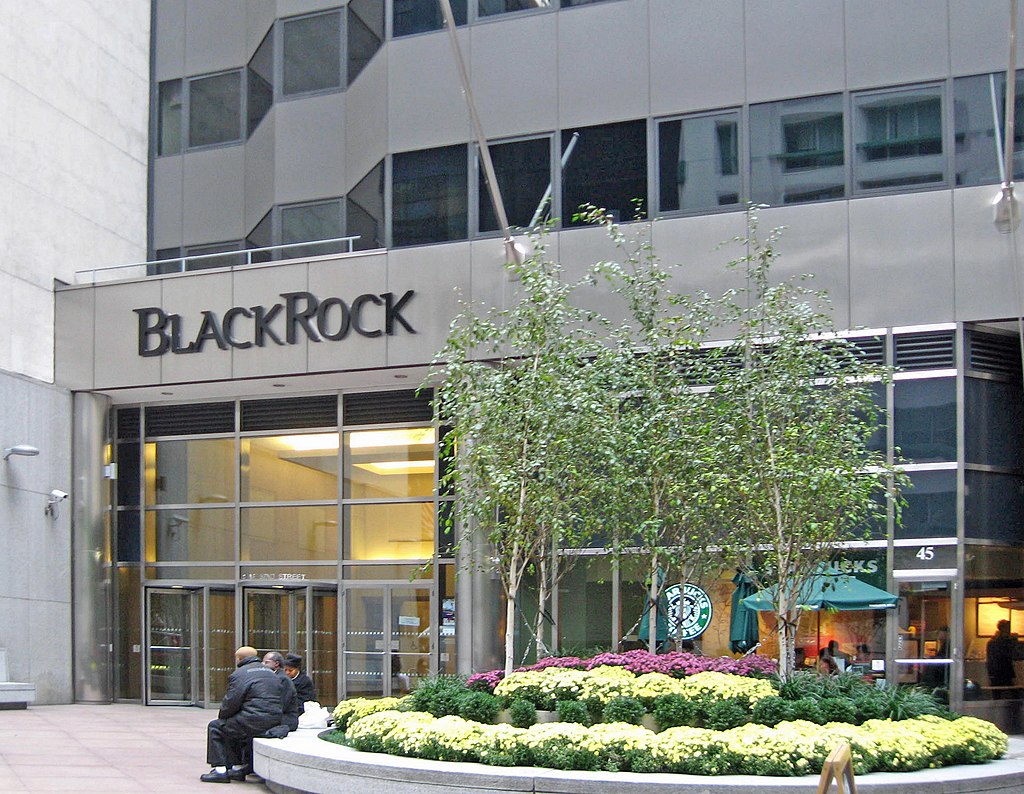A federal judge in the U.S. has ruled that a criminal case against two reportedly fraudulent initial coin offerings (ICOs) falls under the scope of the country’s securities laws.
In September 2017, the U.S. Securities and Exchange Commission (SEC) charged Maksim Zaslavskiy and his two companies – REcoin Group Foundation and DRC World (also known as Diamond Reserve Club) – with defrauding investors in a pair of ICOs purportedly backed by investments in real estate and diamonds. The SEC alleged that Zaslavskiy and the two companies sold unregistered securities, and the digital tokens or coins that were peddled did not exist.
“Zaslavskiy and REcoin allegedly misrepresented they had raised between $2 million and $4 million from investors when the actual amount is approximately $300,000,” the SEC said at the time.
Zaslavskiy moved to dismiss his three-count indictment, arguing that REcoin and Diamond did not involve securities and are beyond the reach of the federal securities laws. He also argued that “the securities laws are unconstitutionally vague as applied.”
District judge Raymond Dearie ruled on Tuesday that the case will proceed to trial saying that “the law under which Zaslavskiy is charged is not unconstitutionally vague as applied, Zaslavskiy’s motion is denied.”
CoinDesk noted that while Dearie did not say whether ICOs are specifically securities, he said that this “can only fairly be a question of proof at trial, based on all of the evidence presented to a jury. Zaslavskiy's primary contention – that the investment scheme at issue did not constitute a security, as that term is defined under Howey, is undoubtedly a factual one."
The judge went on to explain how the Howey test could apply in Zaslavskiy's case, saying:
"The question is whether the “elements of a profit-seeking business venture” are sufficiently alleged in the indictment, such that, if proven at trial, a reasonable jury could conclude that “investors provide[d] the capital and share[d] in the earnings and profits; [and] the promoters manage[d], control[ed] and operate[d] the enterprise.” For present purposes, we conclude that they are.”
 URL copied.
URL copied.
Font size

A
A
A
A
US judge says ICOs fall under federal securities law in Maksim Zaslavskiy’s case

<Copyright ⓒ TokenPost, unauthorized reproduction and redistribution prohibited>





















Comment 0